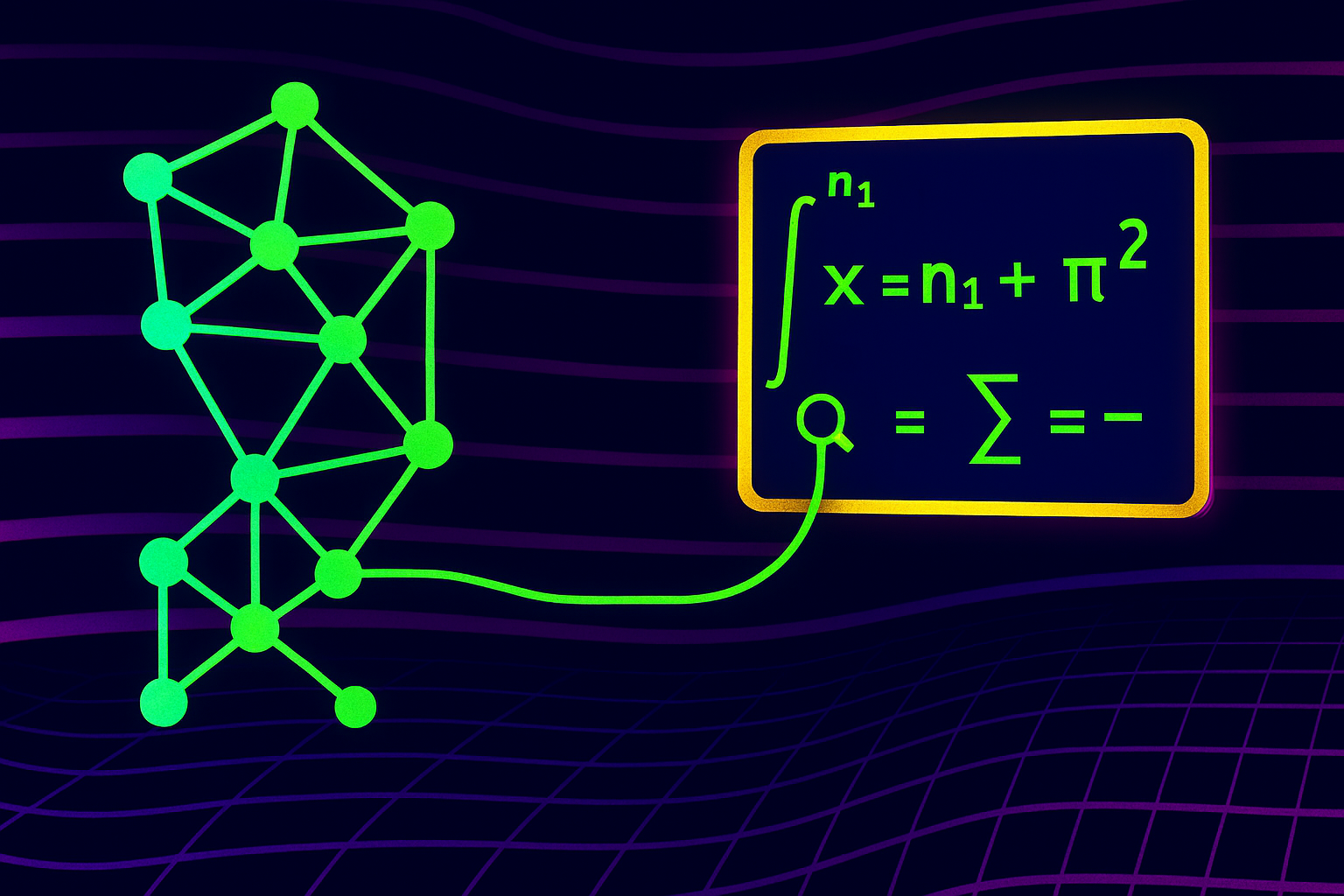Terence Tao says ChatGPT saved him hours solving a math problem

Key Points
- Mathematician Terence Tao used ChatGPT to help solve a math problem, finding the AI particularly helpful for generating Python code, spotting errors, and selecting parameters, saving him hours of manual work.
- Tao sees AI as a useful research tool for mathematicians and envisions a future where large teams use AI to tackle broad mathematical problems, but he remains skeptical that current language models can drive fundamental breakthroughs on their own.
- Both Google and OpenAI have recently reported strong results from their general-purpose AI models at top math and programming competitions, but these advanced systems are not yet available to the public.
Mathematician Terence Tao recently described how he used ChatGPT to help solve a math problem on MathOverflow.
Tao had a theoretical analysis but needed concrete numbers to check certain inequalities. At first, he asked the AI to write Python code, but ran into issues with runtime and parameter selection. By breaking the problem down into a step-by-step dialogue, he eventually got the AI to suggest the right parameters. Tao then verified the results with a short Python script, also generated by ChatGPT.
"I encountered no issues with hallucinations or other AI-generated nonsense." Tao writes.
Using the AI tool turned out to be a major time saver. Tao says the same task would have taken hours of manual coding and debugging if he had done it alone. "The AI was able to use the provided context to spot several mathematical mistakes in my requests, and fix them before generating code," he notes. Without AI, Tao says he likely wouldn't have even attempted this kind of numerical search, and would have opted for a more theoretical approach instead. You can see the full chat here.
The industrial age of math
Tao seems generally open to large language models, but doubts their ability to drive fundamental innovation. Still, he sees potential for LLMs as valuable research tools.
Tao recently outlined a future where AI could help enable "industrial-scale mathematics": large teams using AI tools to take on broad mathematical questions in ways that complement traditional, deep problem-solving.
He compares this shift to the impact of chess computers: AI hasn't replaced chess, but it has changed the way players approach the game. While current AI assistants are still limited, Tao believes both AI and humans will remain essential for mathematical progress. Read more about Tao's vision here.
Recently, Google and OpenAI have both been developing more advanced AI math systems, but these have not yet been released to the public. Both companies reported recent gold medal wins at the International Mathematical Olympiad (IMO) and the International Collegiate Programming Contest (ICPC) using general-purpose reasoning models rather than systems specifically trained for those competitions.
AI News Without the Hype – Curated by Humans
As a THE DECODER subscriber, you get ad-free reading, our weekly AI newsletter, the exclusive "AI Radar" Frontier Report 6× per year, access to comments, and our complete archive.
Subscribe now